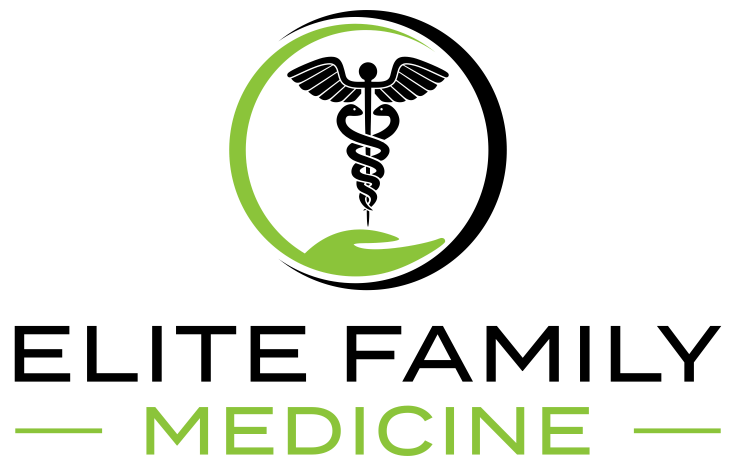Navigating the Path to Health: Exploring Medical Weight Loss Solutions
In a world where wellness is paramount, achieving and maintaining a healthy weight is a goal for many. Medical weight loss, a comprehensive approach supervised by healthcare professionals, has emerged as a promising solution for individuals seeking effective and sustainable results.

Understanding Medical Weight Loss:
Medical weight loss involves a personalized plan tailored to an individual's unique health profile. Unlike fad diets, this approach integrates medical expertise, nutritional guidance, and behavioral strategies to address the root causes of weight gain.
The Role of Healthcare Professionals:
Central to medical weight loss is the involvement of healthcare professionals, such as physicians, dietitians, and fitness experts. These experts collaborate to design a multifaceted plan that considers medical history, current health status, and individual goals.
Customized Nutritional Guidance:
Medical weight loss emphasizes a balanced and nutritious diet. Dietitians work closely with individuals to create meal plans that not only promote weight loss but also support overall health. This may include portion control, nutrient-dense foods, and specific dietary modifications tailored to individual needs.
Incorporating Physical Activity:
Exercise is a crucial component of any weight loss plan. Medical weight loss programs incorporate physical activity that aligns with an individual's fitness level and health condition. Regular exercise not only aids in weight loss but also enhances overall well-being.
Behavioral Strategies:
Addressing the psychological aspects of weight management is vital for long-term success. Behavioral strategies, such as cognitive-behavioral therapy (CBT) and motivational counseling, help individuals develop healthier relationships with food, identify triggers for overeating, and adopt sustainable lifestyle changes.
Medical Interventions:
In certain cases, medical weight loss may involve pharmacotherapy or surgical interventions, depending on the severity of obesity and associated health risks. These interventions are carefully considered, and their implementation is monitored by healthcare professionals.
Monitoring and Support:
Regular check-ins with healthcare providers ensure progress tracking and necessary adjustments to the weight loss plan. Ongoing support, both from healthcare professionals and support groups, plays a crucial role in sustaining motivation and adherence to the program.
Benefits and Considerations:
Medical weight loss offers several benefits, including effective weight loss, improved overall health, and a reduced risk of obesity-related diseases. However, it's essential to recognize that this approach requires commitment, lifestyle changes, and ongoing support.
Conclusion:
Embarking on a
medical weight loss journey is a proactive step toward achieving a healthier weight and a better quality of life. By combining medical expertise, personalized nutrition, physical activity, and behavioral strategies, individuals can navigate the path to long-term success and well-being under the guidance of healthcare professionals.
Contact Elite Family Medicine today to get started on your medical weight loss journey.

